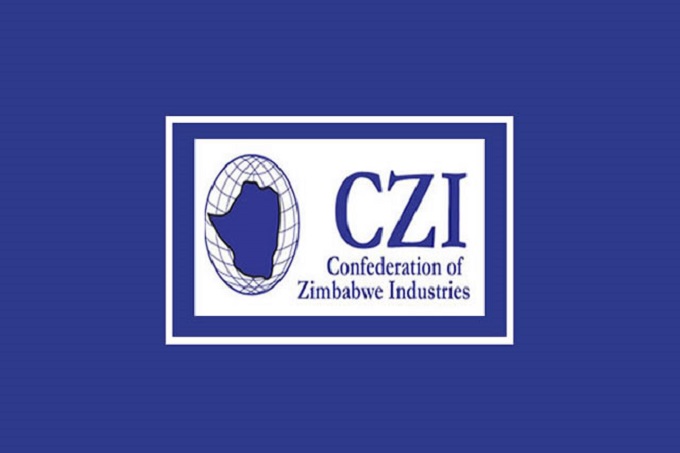PSL obey Caf calendar alignment decision

Ricky Zililo, Senior Sports Reporter
LAST month, the Premier Soccer League took a leap towards conforming to the Caf decision to align their calendar with other modern African leagues that also move in line with other Fifa competitions.
The topflight league wrote to Zifa seeking authority to have their season running from August to May of the following year instead of being completed in a calendar year with effect from 2019.
Aligning the league programme with the Caf and Fifa competitions is a noble idea, but is Zimbabwe ready for the change?
Are the clubs, who carry the burden of paying the players, ready to fork out salaries to their employees who will be doing “nothing” for eight months as they prepare for the season changeover?
What about the local authorities? Do they have adequate resources to spruce up the facilities so that they are ready to successfully host the games during that period of the year when the rainy season will be at its peak?
Zimbabwe once had an experiment with the August-May calendar in the 1990s and the results were depressing.
Most of the venues that were used were found wanting because of poor drainage during the rainy season.
We also do not have stadiums that are adequately covered in case of heavy rains.
Even Mandava Stadium, one of the country’s venues said to have the “best” drainage, failed the test this season with the facility waterlogged during their 2018 Caf Champions League game against Club de Agosto of Angola in February. Groundsmen had to use plastic garbage bins and helmets to scoop water during the match following heavy rains.
Besides Mandava, Bulawayo’s Barbourfields and Luveve Stadiums and the National Sports Stadium in Harare have better drainage systems but the question is, can they withstand the heavy rains as well as recover on time to have games played?
The local authorities who own stadia and have pressure to deliver service will be expected to use the long break to work on their facilities and get them ready for the August kickoff.
During the period of giving facelifts to facilities, clubs will have to keep their players busy.
The league needs to have transitional activities that give the clubs’ corporate partners value for sponsoring the teams as well as keep players busy.
No sponsor can throw the money into the drain by paying someone who isn’t giving them value. Clubs like Caps United, Dynamos and Highlanders who are sponsored by NetOne could find themselves in a dilemma on how they can keep their corporate partner happy whilst the season is inactive.
There are also issues to do with player contracts; some of the contracts are set to expire in December 2019, and with the league kicking off in August, it means that players will be paid at least seven months’ salaries without playing competitively.
Players whose contracts expire at the end of the 2018 season are also in a fix as teams might decide against offering them new deals to reduce costs, and start signing players probably in March to manage the salary bill.
Apart from contracts and the facilities, Zifa councillors who are expected to give the season changeover the green light in December, will have to consider the implications that the development will have on lower tier leagues which are a feeder to the PSL.
The topflight league, which is the country’s football flagship, might be able to attract a couple of sponsors and keep players busy by playing tournaments, but what will happen to the four regional Firs Division leagues which don’t have sponsorship?
Even the provincial leagues which are amateur leagues will also be affected by the decision to change, posing a challenge to Zifa and other stakeholders to come up with ideas for a smooth transition that will not stifle the development of the game.
Whatever decision that the custodians of the game will make should also protect the sponsors who have rallied behind some clubs and those who have invested in the development of the game at grassroots level. – @ZililoR











Comments